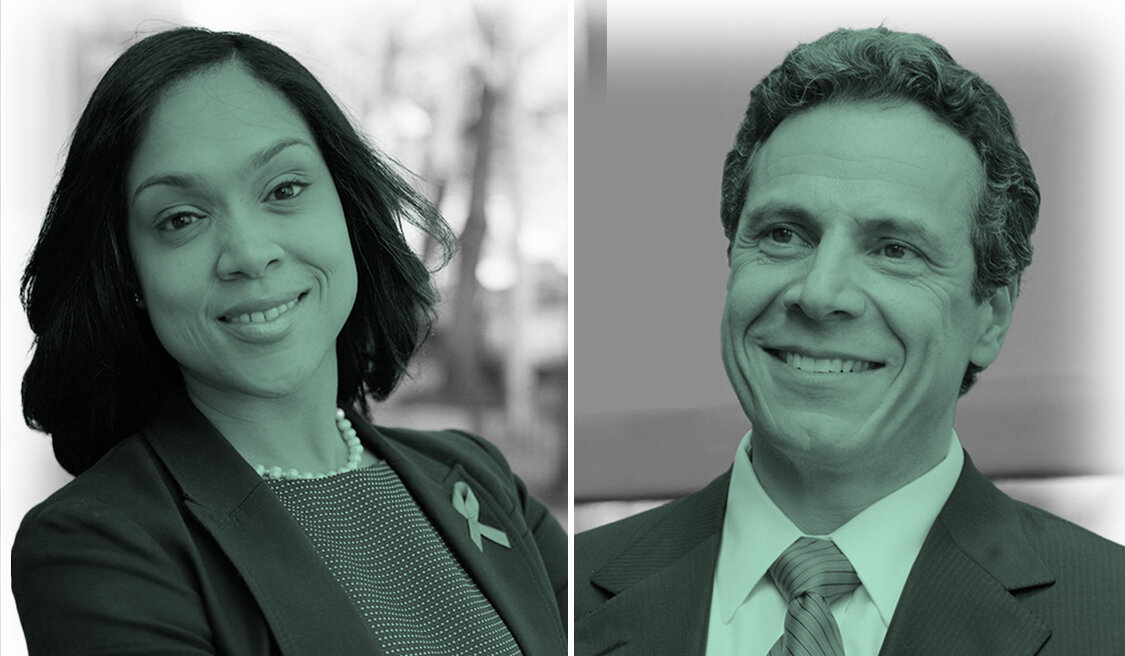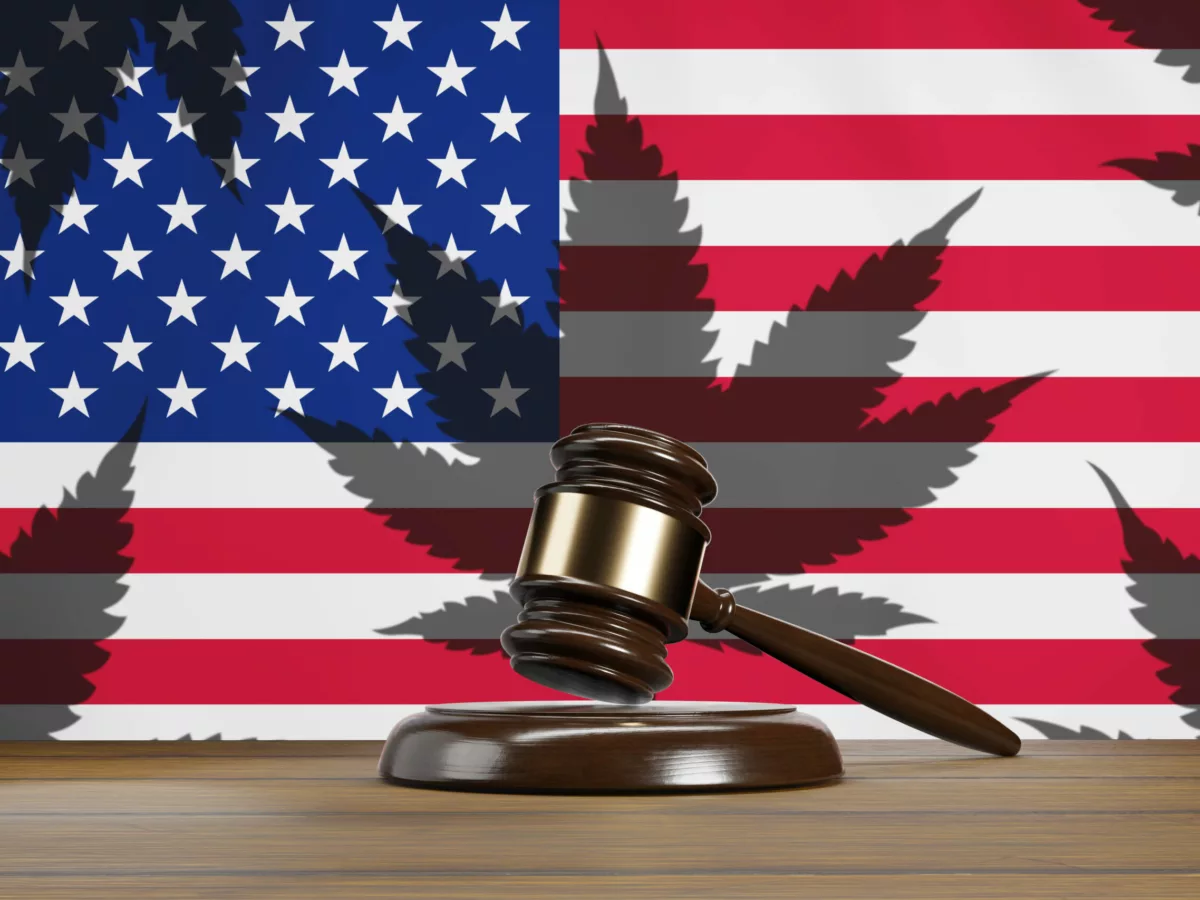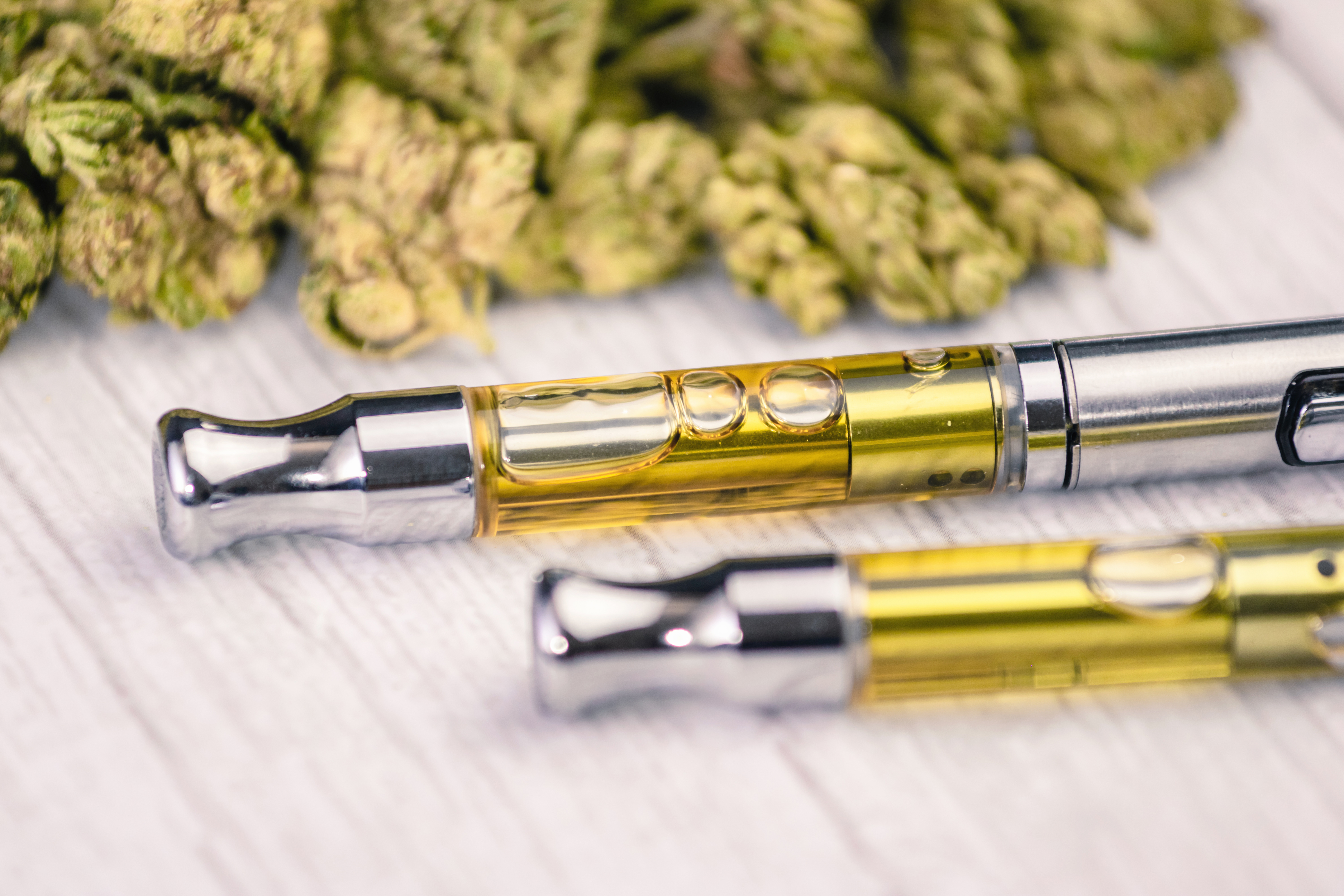New York has legalized cannabis for recreational use. It is a move that makes New York the fifteenth state to legalize and will contribute to undoing decades of racial disparities in cannabis arrests. The legalization law, passed by the Senate and signed into law by Governor Andrew Cuomo on Mar. 30, creates a regulated, commercial cannabis market and allows those 21 and older to grow and consume cannabis. Possession of up to three ounces or 24 grams of concentrated cannabis is allowed and there is already talk of “cannabis consumption lounges.” Tax revenue from commercial cannabis will go to education, drug treatment, and people whose lives have been damaged by the racist war on drugs.
“This signals an end to the racially discriminatory policies that have long made the Empire State the marijuana arrest capital of the United States, if not the world,” NORML Executive Director Erik Altieri said via press release. “This stops police from annually arresting tens-of-thousands of New Yorkers for low-level marijuana offenses, the majority of whom are overwhelmingly young, poor, and people of color.”
In New York City last year, Black and Brown residents made up 94% of cannabis arrests.
Already, as expected, the New York City Police Department has spoken out against the law with Commissioner Dermot Shea calling it a “significant shift”. He said he is worried about the law enabling residents to smoke outside: “I don’t know what we’re going to be telling New Yorkers when they call up and say there’s people smoking in front of my house or apartment building or I take my kids to a parade, whether it’s on Eastern Parkway or on Fifth Ave., and there are people smoking marijuana next to me as I try to enjoy the parade.”
As reporter Zachary Seigel observed, just hours before legalization was passed, the New York State Police announced the seizure of 116 pounds of cannabis.
Legalization in New York is likely to bolster support for legalization on a federal level. Today, Mar. 31, Senate Majority Leader Chuck Schumer announced a bill will be filed soon to decriminalize cannabis at a federal level.
“I support decriminalization at the federal level and will be introducing legislation with a few of my colleagues shortly,” Schumer said. “At the federal level you call it ‘decriminalization’ because that lets the states legalize.”
New York has been debating legalization for years. Since 1977, possession of 25 grams of less has been decriminalized and medicinal cannabis was approved in New York in 2014.
Governor Cuomo, who signed medicinal cannabis into law in 2014, first said he supported legalization in 2018 and over the past few years, the details of legalization especially as it pertained to allocating tax revenue have gone back and forth between the governor and the legislature. Since 2013 legalization has been proposed in New York five different times.
It wasn’t until Cuomo endured weeks of bad press for sexual harassment allegations and for how he responded to information about COVID-19—including claims that he was playing fast and loose with infection data and withholding information about retirement homes deaths—that legalization moved forward.
Business Insider said on Mar. 15 that according to analysts, Cuomo was “more motivated” to legalize cannabis because of the scandals engulfing his administration.
Last week, Baltimore City State’s Attorney Marilyn Mosby, announced her office would no longer be prosecuting drug possession charges of any kind. Mosby’s policy builds on temporary policies announced at the start of the Covid-19 pandemic that would not prosecute low-level offenses such as drug possession, sex work, trespassing, and more. It also builds on Mosby’s 2019 announcement that her office would no longer prosecute cannabis possession.
As first reported by the Baltimore Sun, which built on Baltimore Brew’s extensive coverage, Mosby and her husband and Baltimore City Council President, Nick Mosby are currently being federally investigated. The Outlaw Report has learned that this policy announcement has been planned for quite some time but still, the timing was hard to ignore: The new policy was announced in the Washington Post on Mar. 26, less than a week after the federal investigation was made public.
At a press conference about these policy changes, Mosby declared the war on drugs “over” in Baltimore and explain that “there is no public safety value in prosecuting these low-level offenses.” When asked about the federal investigation into her and her husband’s finances at the press conference, Mosby directed reporters to her attorney.






